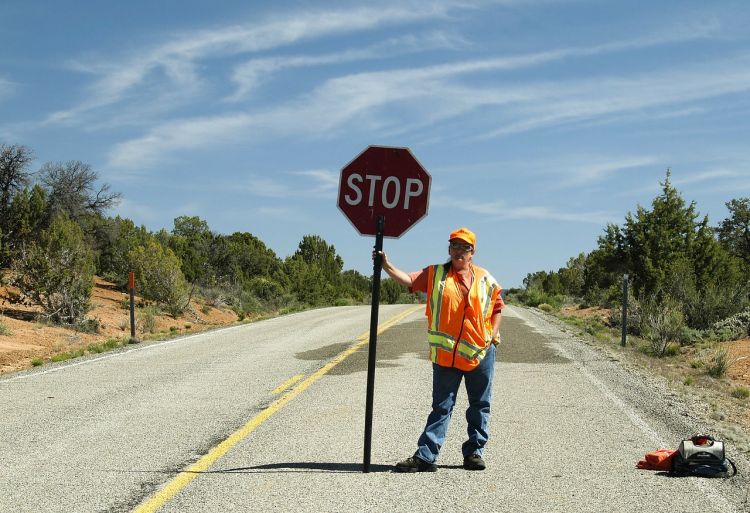
“Obey” is not one of the verbs we typically connect to the gospel of Jesus Christ. We talk about preaching the gospel, sharing the gospel, and believing the gospel. But we don’t hear much about obeying the gospel.
And yet, this must have been a phrase used in the early church, because it appears in at least two places in the Bible. In the context of talking about eternal punishment, Paul writes of “those who do not obey the gospel of our Lord Jesus” (2 Thess 1:8). In a similar manner, Peter refers to “those who do not obey the gospel of God” as being outside the household of God (1 Peter 4:17).
What did these apostles mean when they used this phrase?
News That Demands Action
The word “gospel” means “good news,” so on the surface this phrase doesn’t make much sense. After all, how can we obey news?
The gospel is not just any news. It is good news announced by God. Such news requires action.
The ministry of Jesus answers our question directly.
Now after John was arrested, Jesus came into Galilee, proclaiming the gospel of God, and saying, “The time is fulfilled, and the kingdom of God is at hand; repent and believe in the gospel.” (Mark 1:14–15)
Because the kingdom is at hand—meaning that the king (Jesus) is here—repent and believe in the gospel. This is confirmed in other places in the New Testament.
Paul ended his sermon in Athens this way, including the command for all people to repent.
“The times of ignorance God overlooked, but now he commands all people everywhere to repent, because he has fixed a day on which he will judge the world in righteousness by a man whom he has appointed; and of this he has given assurance to all by raising him from the dead.” (Acts 17:30–31)
Paul also wrote this to the Romans, where he equates obeying and believing.
But they have not all obeyed the gospel. For Isaiah says, “Lord, who has believed what he has heard from us?” (Romans 10:16)
Using these passages, we can take a swing at what it means to obey the gospel. Obeying the gospel means repenting of sin and believing the gospel.
This definition still demands an explanation “the gospel.” But, in an effort to keep the length of this post reasonable, I’ll leave that to another source.
We still have one question to answer. If the Bible speaks this way, why don’t we?
An Invitation or a Declaration (or Both)?
One reason we don’t talk about obeying the gospel is because we don’t view the message as authoritative. The good news about Jesus becomes one option among many. It might be our favorite option, but this mindset turns Christianity into one choice on a religious buffet. When we talk to our friends about the gospel, we’re hoping they’ll pick the potato salad like we did and sit at our table.
We have (rightly) understood the gospel to be an invitation, but we have not seen it as anything more.
To be clear, the gospel is an invitation! Jesus did not (and does not) coerce anyone into faith, and we won’t force or argue anyone into the church. Jesus was (and is) gentle and hospitable, welcoming all who call on his name.
But as we have seen, the gospel demands action. Turning away from Jesus is not just making a different, individual choice—it is disobeying and rejecting God. Our evangelistic efforts should emphasize both the call to obey and the invitation.
Ongoing Obedience to the Gospel
We need the gospel every hour of every day, not just at the beginning of our Christian lives. Therefore, the obligation to “obey the gospel” is not just for unbelievers—it’s for Christians too.
We get a hint of this in a letter from the apostle John, who was writing to Christians.
And this is his commandment, that we believe in the name of his Son Jesus Christ and love one another, just as he has commanded us. (1 John 3:23)
And in this same letter, we are not only urged to believe in the name of Jesus, but also to confess our sins and repent (1 John 1:8–10).
We enter into faith by the grace of God, and we are sustained in faith by this same grace (Gal 3:1–6). This glorious grace of God helps us to repent and believe in the gospel and to invite others into this same obedience.




